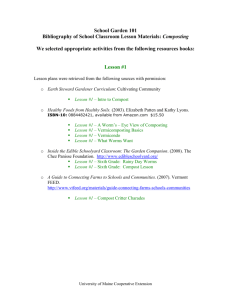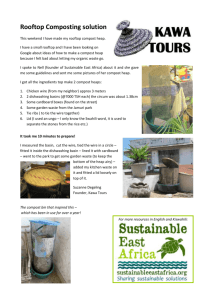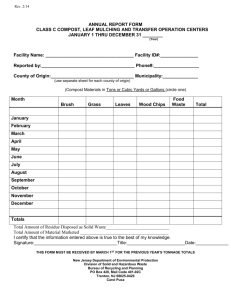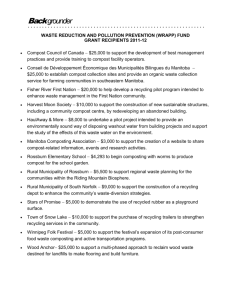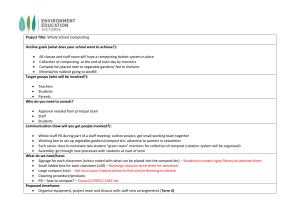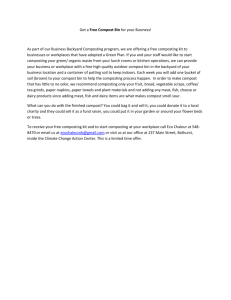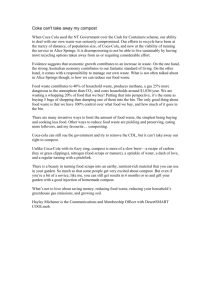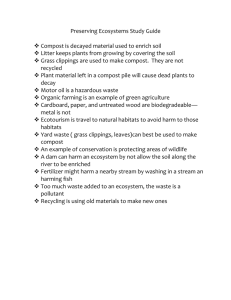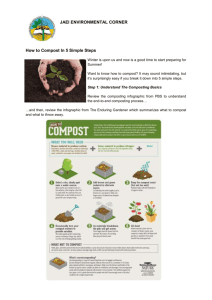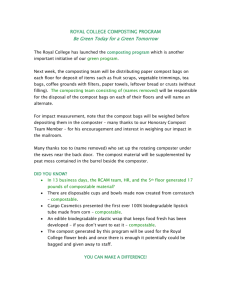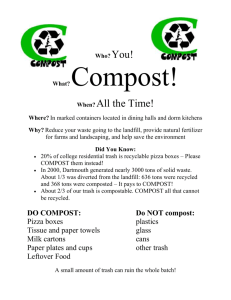DOCX format
advertisement
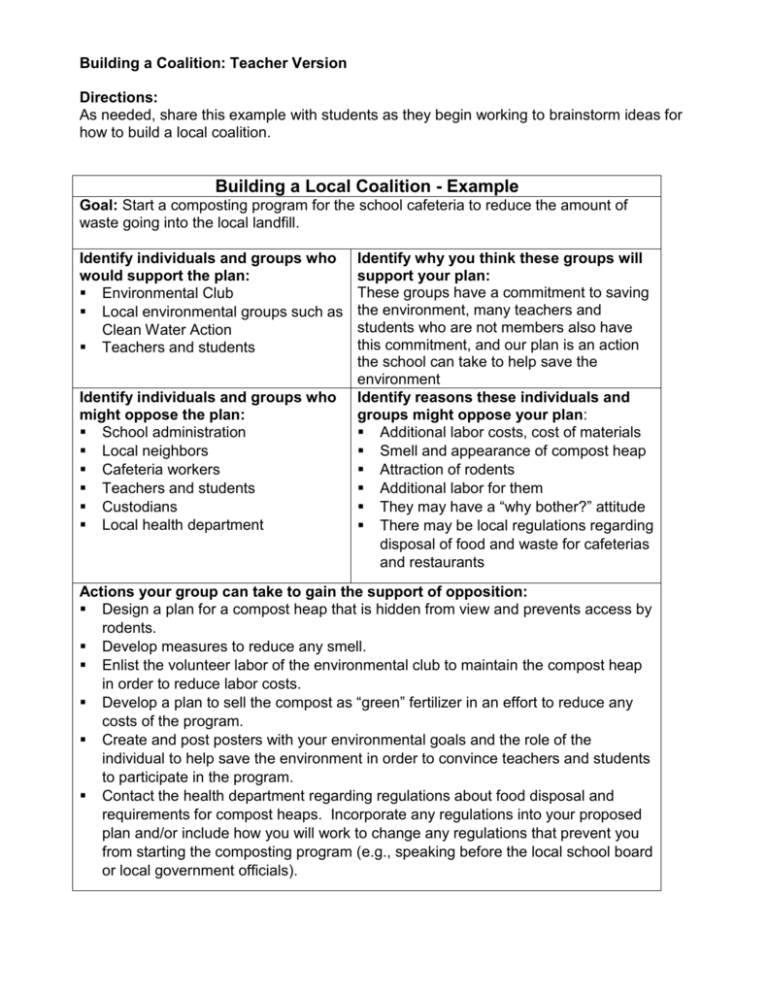
Building a Coalition: Teacher Version Directions: As needed, share this example with students as they begin working to brainstorm ideas for how to build a local coalition. Building a Local Coalition - Example Goal: Start a composting program for the school cafeteria to reduce the amount of waste going into the local landfill. Identify individuals and groups who would support the plan: Environmental Club Local environmental groups such as Clean Water Action Teachers and students Identify individuals and groups who might oppose the plan: School administration Local neighbors Cafeteria workers Teachers and students Custodians Local health department Identify why you think these groups will support your plan: These groups have a commitment to saving the environment, many teachers and students who are not members also have this commitment, and our plan is an action the school can take to help save the environment Identify reasons these individuals and groups might oppose your plan: Additional labor costs, cost of materials Smell and appearance of compost heap Attraction of rodents Additional labor for them They may have a “why bother?” attitude There may be local regulations regarding disposal of food and waste for cafeterias and restaurants Actions your group can take to gain the support of opposition: Design a plan for a compost heap that is hidden from view and prevents access by rodents. Develop measures to reduce any smell. Enlist the volunteer labor of the environmental club to maintain the compost heap in order to reduce labor costs. Develop a plan to sell the compost as “green” fertilizer in an effort to reduce any costs of the program. Create and post posters with your environmental goals and the role of the individual to help save the environment in order to convince teachers and students to participate in the program. Contact the health department regarding regulations about food disposal and requirements for compost heaps. Incorporate any regulations into your proposed plan and/or include how you will work to change any regulations that prevent you from starting the composting program (e.g., speaking before the local school board or local government officials).
